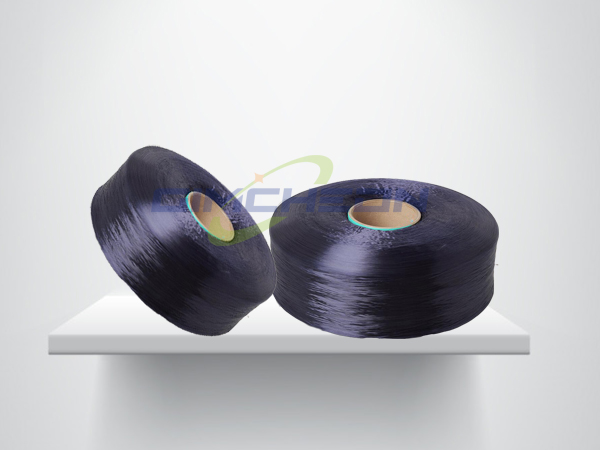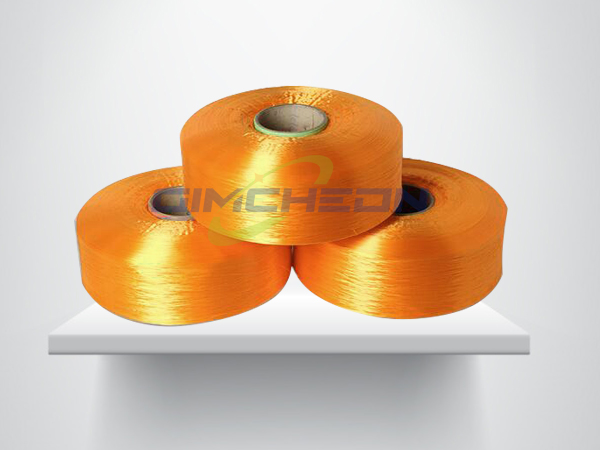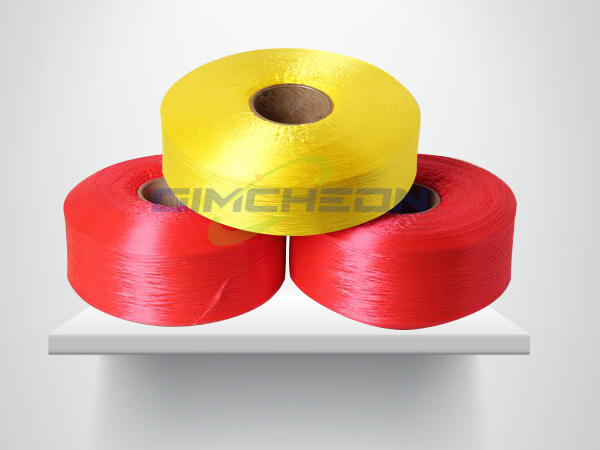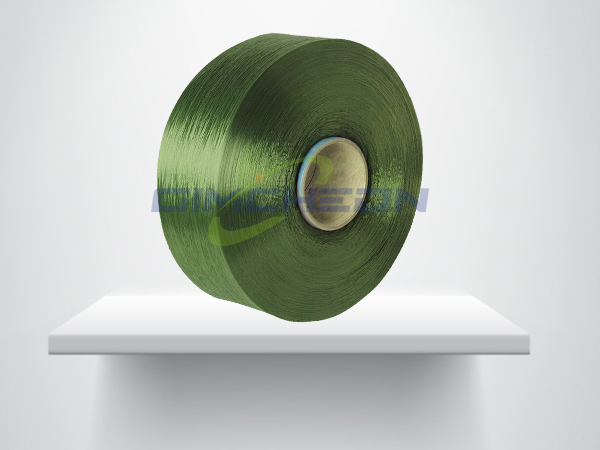

- Tel:0086-0595-83993333
- cel:0086-13506902333
- E-mail:admin@jqfibre.com
- add:Longshi Road, Fashion Apparel Industrial Park, Longhu Town, Jinjiang City, Fujian
PP yarn is one of the common fabrics in the market, but everyone does not seem to know much about polypropylene yarn, only that it can be used as a rope. In fact, polypropylene yarns play a role in many aspects with high performance and bring convenience to our lives.
First of all, PP yarn has indelible "credits" on many clothes. Of course, polypropylene yarn also makes a difference in carpets, ropes, fishing nets, building materials, etc. So what are the raw materials of PP yarn with "eighteen martial arts"? If you want to know more about PP yarn raw materials, then let Xiaobian unveil the mystery of PP yarn raw materials for you.
In fact, the raw material of PP yarn is polypropylene. So what is polypropylene? Polypropylene is the Chinese trade name for synthetic isotactic polypropylene fibers made from propylene, a by-product of petroleum refining. Also known as polypropylene fiber. The raw material sources are abundant, the production process is simple, and the product price is relatively lower than other synthetic fibers. It is a fiber obtained by polymerization and melt spinning from propylene as a raw material.
Polypropylene officially started industrial production in 1957 and is a rising star in synthetic fibers. Because polypropylene has the advantages of simple production process, low commodity price, high strength, and light relative density, polypropylene develops quickly. At that time, polypropylene was the fourth largest type of synthetic fiber and the lightest among the most common chemical fibers. The production of polypropylene includes short fibers, filaments and split fibers. Polypropylene film fiber is made by first making polypropylene into a film, and then stretching the film to split it into a network of fibrils.
The varieties of polypropylene fibers include filaments (including undeformed filaments and bulky deformed filaments), short fibers, bristles, membrane split fibers, hollow fibers, special-shaped fibers, various composite fibers and non-woven fabrics. The main use is to make carpets (including carpet backing and suede), upholstery fabrics, furniture fabrics, various ropes, strips, fishing nets, linoleum, building reinforcements, packaging materials and industrial fabrics, such as filter cloth, bag cloth Wait.
In addition, it is also widely used in clothing. It can be blended with various fibers to make different types of blended fabrics. After knitting, it can be made into shirts, outerwear, sportswear, socks, etc. The quilt made of polypropylene hollow fiber is lightweight, warm and has good elasticity. Polypropylene does not contain chemical groups that can connect with dyes in its macromolecular structure, so dyeing comparison is difficult. Generally, the melt coloring method is used, and the pigment preparation and polypropylene polymer are uniformly mixed in a screw extruder, and the color fastness of the colored fiber is obtained by melt spinning.
Another method is to copolymerize or graft with acrylic acid, acrylonitrile, vinylpyridine, etc., so that polar groups that can be linked with dyes are introduced into the polymer macromolecules, and then directly dyed by conventional methods. In the process of polypropylene production, various additives are often required to improve dyeability, light resistance and flame resistance.
Jinjiang Deke Textile Co., Ltd. was founded in 2011. It is located in Jinjiang, the "brand capital", with convenient transportation, 7 kilometers away from Jinjiang International Airport. The company now covers an area of about 30 acres and a building area of about 20,000 square meters. It is an enterprise specializing in R&D, production and sales of polypropylene filament.
Our company has 20 polypropylene FDY production lines and a number of supporting equipment. Mainly produces 300D-1200D polypropylene recycled yarn, polypropylene dyed yarn, and polypropylene hollow yarn, with an annual output value of about 7,000 tons. Adhering to the spirit of Jinjiang people who love to work hard to win, Deke Textile has successively developed functional fibers with various colors of anti-aging, anti-ultraviolet, anti-bacterial, anti-static and anti-flame retardant.
- Decoding the core advantages of
- The impact of the Federal Reserv
- The three core advantages of pol
- The High Performance and High Fu
- Polypropylene reclaimed yarn is
- Focus on key industries such as
- What are the characteristics of
- The global trade landscape is un
- The significant advantages of Po
- The application of polypropylene




